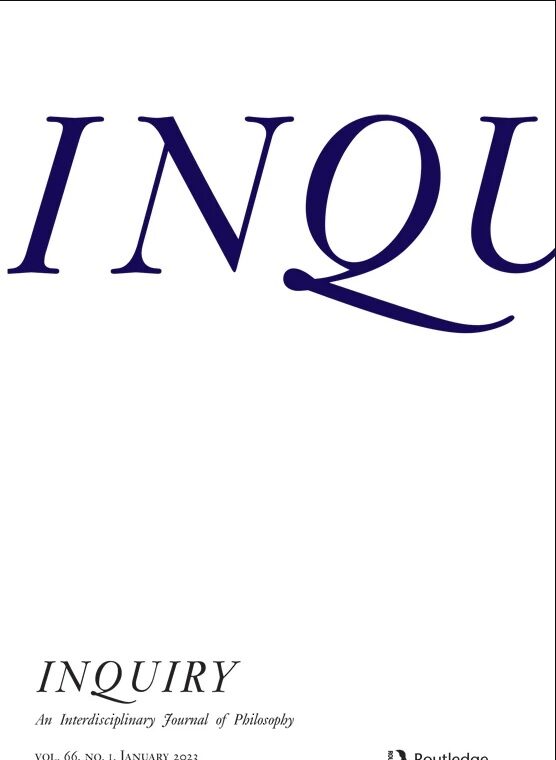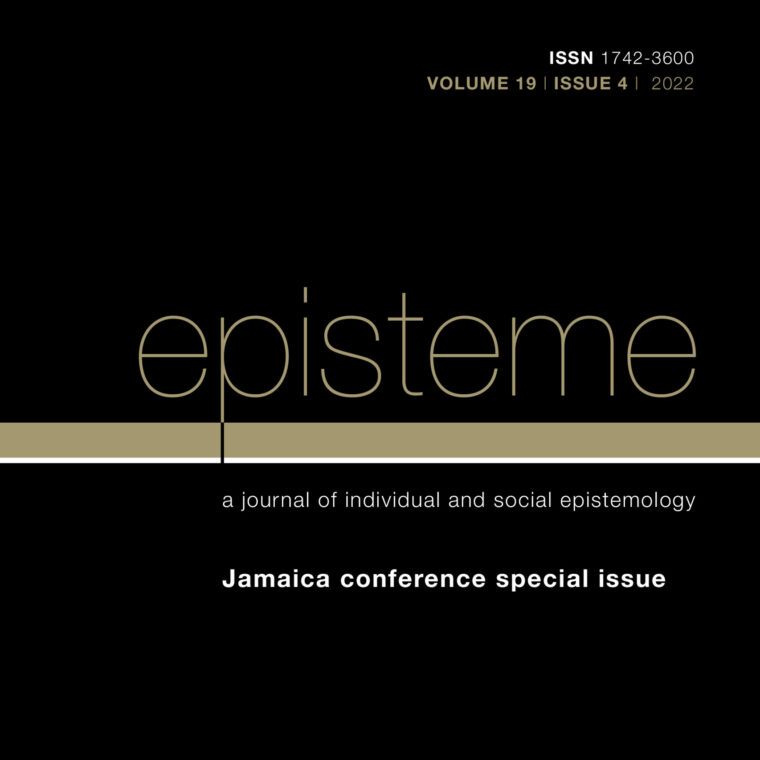Thomas Mulligan
Georgetown University
Thomas Mulligan, a philosopher by training, is a Visiting Scholar with GISME, and was a faculty fellow at Georgetown University’s McDonough School of Business for two academic years, from 2016 to 2018. He has taught at Tulane, Brown, and Georgetown and has published in a range of journals, including the Journal of Confucian Philosophy and Culture, Ethics, Philosophical Studies, The Philosophical Quarterly, and Social Choice and Welfare. He has written a book defending meritocracy, Justice and the Meritocratic State (Routledge, 2018), which is available Open Access.
Tom’s primary research specialities are economic justice and the formal theory of decision-making in groups. he has an enduring interest in meritocracy — its history (Eastern and Western), concept, justifiability, and application.
Tom has worked outside of academia in a variety of role — as a Navy officer; a Central Intelligence Agency case officer; a management consultant, and, most recently, Director of Code Enforcement for the City of New Orleans.
Books
Justice and the Meritocratic State
Like American politics, the academic debate over justice is polarized, with almost all theories of justice falling within one of two traditions: egalitarianism and libertarianism. This book provides an alternative to the partisan standoff by focusing not on equality or liberty, but on the idea that we should give people the things that they deserve.
Mulligan argues that a just society is a meritocracy, in which equal opportunity prevails and social goods are distributed strictly on the basis of merit. That gives citizens their just deserts. In addition to its novel conceptual approach, meritocracy is distinctive from existing work in two ways. First, it is grounded in research on how people actually think about justice. Empirical research reveals that people don’t think that social goods should be distributed equally. Nor do they dismiss the idea of social justice. Across ideological and cultural lines, people want rewards to reflect merit. Second, the book discusses hot-button political issues and makes concrete policy recommendations. These issues include anti-meritocratic bias against women and racial minorities and the United States’ widening economic inequality. Justice and the Meritocratic State offers a new theory of justice and provides solutions to our most vexing social and economic problems. It will be of keen interest to philosophers, economists, and political theorists.
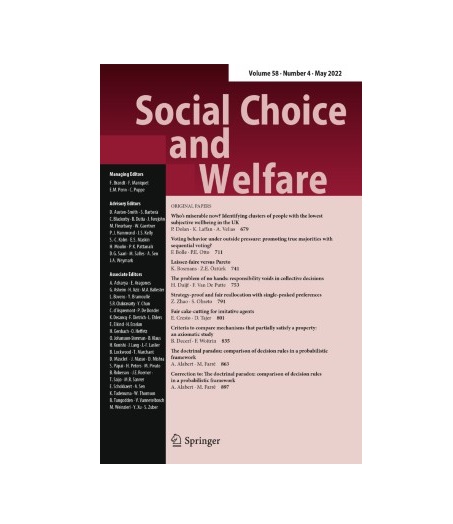
“Optimizing political influence: a jury theorem with dynamic competence and dependence”
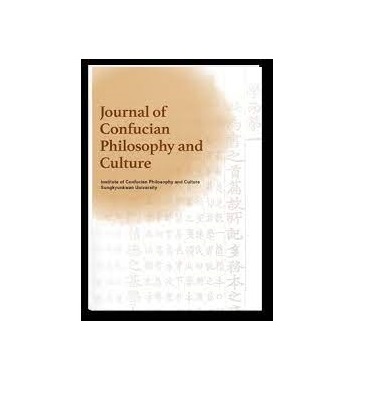
“How East Meets West: Justice and Consequences in Confucian Meritocracy
Publications
“A Bayesian Solution to Hallsson’s Puzzle”
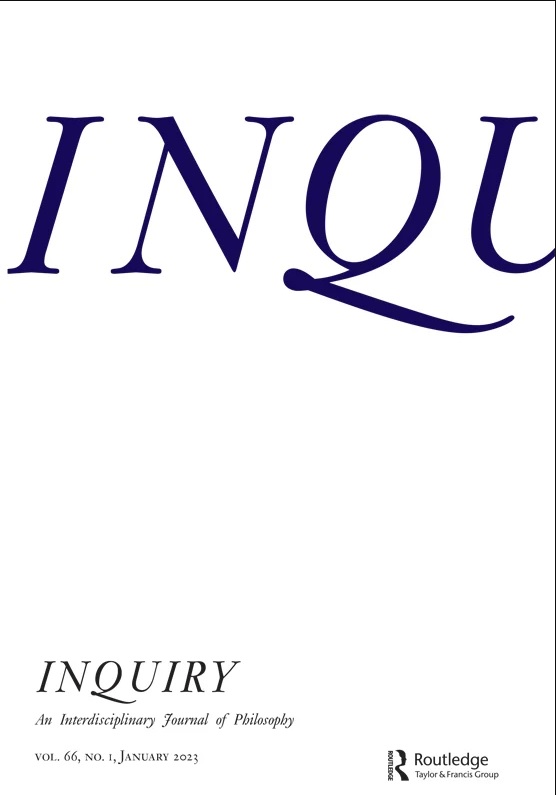
“Optimizing political influence: a jury theorem with dynamic competence and dependence”

“How East Meets West: Justice and Consequences in Confucian Meritocracy

“The Epistemology of Disagreement: Why Not Bayesianism?”


